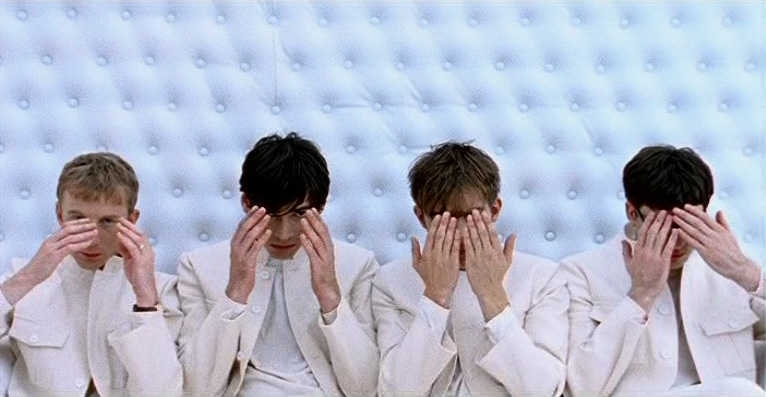With everything regarding "Brexit" already said and done and well in the past (well, besides whatever is yet to be said), We wanted to share with you a few interesting keys to better understand how and why Brits voted as they did, opting to "Leave" the EU. To soften the gravity of the discussion, we also thought we might use a few tunes – naturally, all made in Britain – that go along perfectly with one of the biggest upsets ever to take place in the (not so United) Kingdom.
My Generation vs. When I'm 64
Age was a big issue in the referendum. While a significant majority of young voters (roughly 60%), who were born into a reality of British-EU cooperation, voted "Remain" – a great deal of older voters (again, 60%), who might still bear some nostalgic memory of the pre-EU days, voted "Leave". In fact, the percentage of voters opting "out" of the EU deteriorated in contrast to the rise in voter age. The older you are, the more likely it is you voted to make Britain, er.. great again? Well, That came out wrong.
The Universal vs. The Fool on the Hill
Another issue with a dramatic influence on the outcome of the vote was education: A statistical divide shows that the more educated you were, the more likely you were to vote "Remain". In fact, education played an even bigger role than age – as the percentage of young voters opting out of the EU was substantially higher amongst uneducated or lesser educated youths and young adults. This, alongside the second most popular google search in the UK post results ("What is the EU?") indicates that maybe, just maybe, the British people didn't really vote out of true, well-thought and calculated understating of the issues at hand, as Boris Johnson would claim immediately upon receiving news of the vote – but instead, voted for an obscure, blurred combination of National(istic) emotion and xenophobia.
Panic vs. Scotland vs. Gray England Skies vs. C'mon Wales
A third piece of amazing stats coming out of Brexit is the rise of the National differences within the UK. While England and Wales both voted "Leave" (53-47 and 51-49, respectively) Scotland – coming out of its very own "stay or leave" referendum from 2014 – voted overwhelmingly "remain" (62-38) as did Northern Ireland (56-44). In essence, the main reason the UK is going with Johnson and Farage over Cameron is, well, England. More specifically, the much bigger English population, which makes sense when you consider England accounts for 53 million citizens out of a total 61 million in the entire UK.
What is interesting to see going forward is if indeed the Scottish demand for a second referendum gains traction. As mentioned, the scots only recently voted to stay a part of the UK – however they did vote overwhelmingly for the Scottish National Party in the recent parliamentary elections (instead of the more traditional vote for the Labor), and might seek a second referendum sooner rather later, in order to join the EU as an independent country. Add to that the fact that the biggest obstacle in the Scottish path – David Cameron – has now resigned from office as PM, and everything is on the table. Interestingly enough, as Harry Potter author JK Rowling tweeted, the legacy of the man who proclaimed he wants to keep a United Kingdom as part of a United Europe, may well be the breaking up of both Unions.
One last "fun fact" – while the referendum demonstrated the huge difference between the bigger cities and the periphery, the only big county to vote "Remain", with a wopping 60-40, was London – former home to leave camp leader Johnson, and the first western city to elect a practicing muslim as its mayor in Sadiq Kahn just a few months back.
It is still too early to reach any definitive conclusions from this referendum. Some make the case that the vote was a form of protest against Cameron's attempts at reaching a new agreement with Brussels. Some declare it a victory for National movements all across the world. Some see the results as the elderly giving the youth a middle finger. Whatever the case may be, only time will tell if the UK's decision was a first step towards a complete dissolution of the EU, or rather a "Perfect expression of Parliamentary Democracy" (As Johnson emphatically and rather bizarrely stated), though history in itself will be written by the winners – in this case, it seems, by Boris Johnson.
The UK might appear a bit uglier today, but it still has the music. Even though that last piece of brilliant songwriting belongs to a Canadian in Leonard Cohen.











